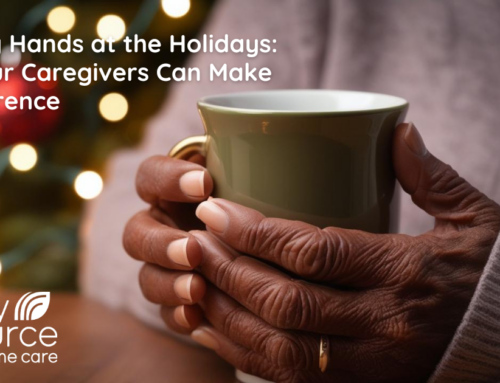As our loved ones age, ensuring their safety and well-being becomes a top priority. While many seniors prefer to age in the comfort of their own homes, it’s crucial to provide them with the necessary support to maintain their independence and safety. Assisted living services offer a viable solution, providing comprehensive care and assistance within the familiar surroundings of home.
Let’s explore the various benefits of assisted living services and how they contribute to keeping seniors safe and secure at home:
Personalized Care and Support
One of the primary advantages of assisted living services is the personalized care and support provided to seniors. Caregivers work closely with each individual to understand their unique needs, preferences, and medical conditions. By tailoring services, caregivers can assist seniors with activities of daily living, such as bathing, dressing, medication management, and meal preparation. This personalized care not only ensures the physical well-being of seniors but also provides emotional support and companionship, promoting mental health and overall happiness.
Medication Management
For seniors with chronic illnesses or multiple medications, managing their medication regimen can be challenging. Assisted living services can significantly alleviate this burden. Caregivers help seniors organize their medications, maintain schedules, and administer the correct dosages, reducing the risk of missed or incorrect doses. With professional assistance, seniors can maintain their health and prevent adverse drug interactions, ensuring their safety and well-being.
Fall Prevention and Home Safety
Falls are a leading cause of injuries among seniors, often resulting in fractures and reduced mobility. Assisted living services prioritize fall prevention and home safety measures. Caregivers assess the home environment, identifying potential hazards such as loose rugs, cluttered pathways, or inadequate lighting. They make necessary modifications, install safety equipment, and educate seniors on fall prevention techniques. By creating a safe living environment, caregivers minimize the risk of falls, allowing seniors to move around their homes confidently.
Emergency Response Systems
Assisted living services often incorporate emergency response systems, providing seniors with peace of mind in case of emergencies. In case of a fall, sudden illness, or any other emergency, caregivers can respond promptly, contacting medical professionals or family members to ensure immediate assistance. This rapid response system enhances seniors’ safety, especially when living alone.
Social Engagement and Companionship
Social isolation can negatively impact seniors’ mental health, leading to depression and cognitive decline. Assisted living services not only cater to seniors’ physical needs but also prioritize social engagement and companionship. Caregivers provide emotional support, engage in meaningful conversations, and encourage seniors to participate in hobbies and social activities. By fostering connections and reducing loneliness, assisted living services enhance seniors’ overall well-being and reduce the risk of mental health issues.
Assisted living services offer a comprehensive approach to keeping seniors safe and secure in the comfort of their own homes. By providing personalized care, managing medications, ensuring home safety, and offering emergency response systems, caregivers contribute significantly to seniors’ well-being. Moreover, the social engagement and companionship provided by these services promote mental health and overall happiness. As we prioritize the safety and quality of life for our aging loved ones, assisted living services emerge as a valuable resource, ensuring that seniors can age gracefully while maintaining their independence.
Interested in learning more about how to keep your senior safe at home? Check out some of our other blogs here.
Sources:
Keeping Seniors Safe: Home Care Services and Tips for Aging in Place






